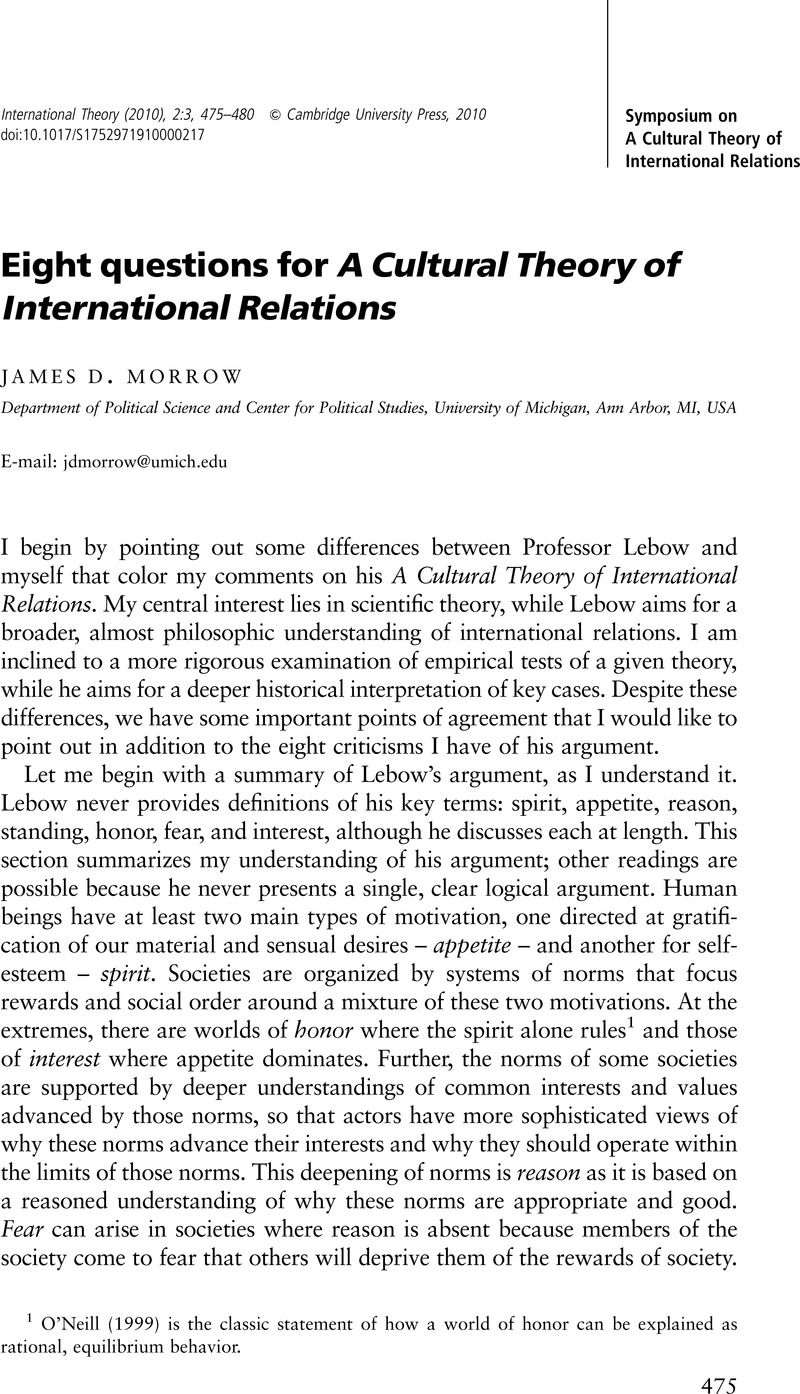International Relations Theories
Theories of International Relations A theory of international relations is a set of ideas that explains how the international system works. Unlike an ideology, a theory of international relations is (at least in principle) backed up with concrete evidence. Siemens step 7 software price guide.
International Relations Theories Discipline And Diversity Pdf
In the discipline of international relations there are contending general theories or theoretical perspectives. Realism, also known as political realism, is a view of international politics that stresses its competitive and conflictual side. It is usually contrasted with idealism or liberalism, which tends to emphasize cooperation. Realists consider the principal actors in the international arena to be states, which are concerned with their own security, act in pursuit of their own national interests, and struggle for power. The negative side of the realists’ emphasis on power and self-interest is often their skepticism regarding the relevance of ethical norms to relations among states.

National politics is the realm of authority and law, whereas international politics, they sometimes claim, is a sphere without justice, characterized by active or potential conflict among states. Not all realists, however, deny the presence of ethics in international relations. The distinction should be drawn between classical realism—represented by such twentieth-century theorists as Reinhold Niebuhr and Hans Morgenthau—and radical or extreme realism. While classical realism emphasizes the concept of national interest, it is not the Machiavellian doctrine “that anything is justified by reason of state” (Bull 1995, 189). Nor does it involve the glorification of war or conflict. The classical realists do not reject the possibility of moral judgment in international politics.